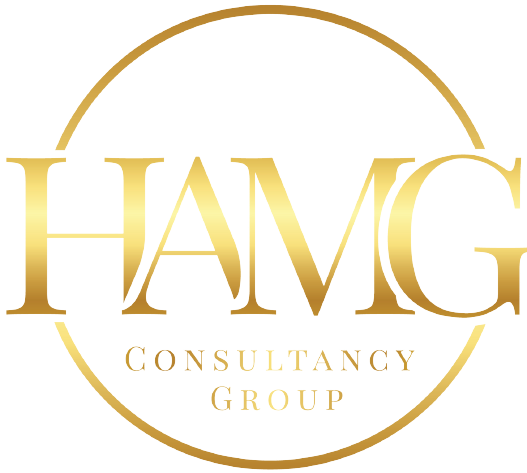Audit planning is a critical aspect of the auditing process that lays the foundation for a successful and efficient audit. It involves comprehensive preparation, understanding the client’s business, and assessing risk factors to develop a well-thought-out strategy. The goal of audit planning is to ensure accuracy and compliance with financial reporting standards, identify potential issues, and allocate resources effectively. This article will delve into the importance of audit planning, the key steps involved in the process, and the benefits it brings to both auditors and the organizations they serve.
Importance of Audit Planning
- Risk Identification and Assessment: During the planning phase, auditors meticulously analyze the client’s operations, industry-specific risks, and internal control environment. Identifying risks early on enables auditors to focus on critical areas, tailor audit procedures accordingly, and enhance the overall audit quality.
- Resource Allocation: A well-planned audit allocates resources efficiently, ensuring that the right professionals with relevant expertise are assigned to specific audit areas. Proper resource allocation saves time, minimizes disruptions to the client’s business, and helps maintain cost-effectiveness.
- Timely Completion of Audit: A carefully crafted audit plan establishes a clear timeline for each stage of the audit. Meeting deadlines is crucial, especially when financial statements must be published within regulatory deadlines, maintaining stakeholders’ trust and confidence.
- Enhanced Audit Quality: A well-planned audit increases the likelihood of detecting material misstatements, fraud, and errors, leading to more reliable financial statements.
- Client Relationship Development: A well-executed audit plan demonstrates professionalism and commitment, fostering trust and strengthening the relationship between auditors and clients.
- Regulatory Compliance: Effective planning facilitates compliance with relevant auditing standards, industry regulations, and legal requirements.
- Early Issue Identification: Identifying potential issues during the planning stage allows for proactive measures to address them promptly, reducing the impact on the audit timeline.
Key Steps in Audit Planning
- Engagement Acceptance and Continuance: Before accepting an audit engagement, auditors must evaluate the potential client’s reputation, integrity, and the scope of the work. Existing clients should be reassessed to ensure the continuation of the professional relationship.
- Understanding the Client’s Business and Industry: Gaining in-depth knowledge about the client’s industry, its operations, and key economic factors that influence its financial performance is vital. Understanding the client’s business helps auditors tailor their procedures, assess risks, and identify areas prone to material misstatement.
- Risk Assessment: Auditors evaluate the client’s internal control systems, identifying weaknesses and assessing inherent and control risks. Risk assessment helps auditors decide on the extent and nature of substantive testing required for various accounts and transactions.
- Materiality Determination: Materiality is a threshold used to assess whether misstatements in financial statements can influence the decision-making of users. Determining materiality is crucial for planning and executing audit procedures effectively.
- Developing an Audit Strategy: Based on risk assessment and materiality considerations, auditors devise a comprehensive audit strategy outlining the nature, timing, and extent of procedures to be performed. This strategy serves as a roadmap for the entire audit process.
- Team Planning and Coordination: Audit planning involves assembling the audit team, considering their expertise and experience. Regular coordination and communication among team members are essential for the smooth execution of the audit plan.
In conclusion, audit planning is a fundamental process that underpins the success and efficiency of the entire audit engagement. A strategic and well-executed plan enables auditors to identify and assess risks accurately, allocate resources efficiently, and perform substantive procedures effectively. Through meticulous planning, auditors can enhance audit quality, build strong client relationships, and deliver reliable financial statements that meet regulatory requirements. Embracing technology and data analytics further elevates the audit process, making it more robust, insightful, and future-ready. In an ever-evolving business landscape, effective audit planning remains crucial to ensure financial accuracy and compliance, safeguard stakeholders’ interests, and foster trust in the auditing profession.




